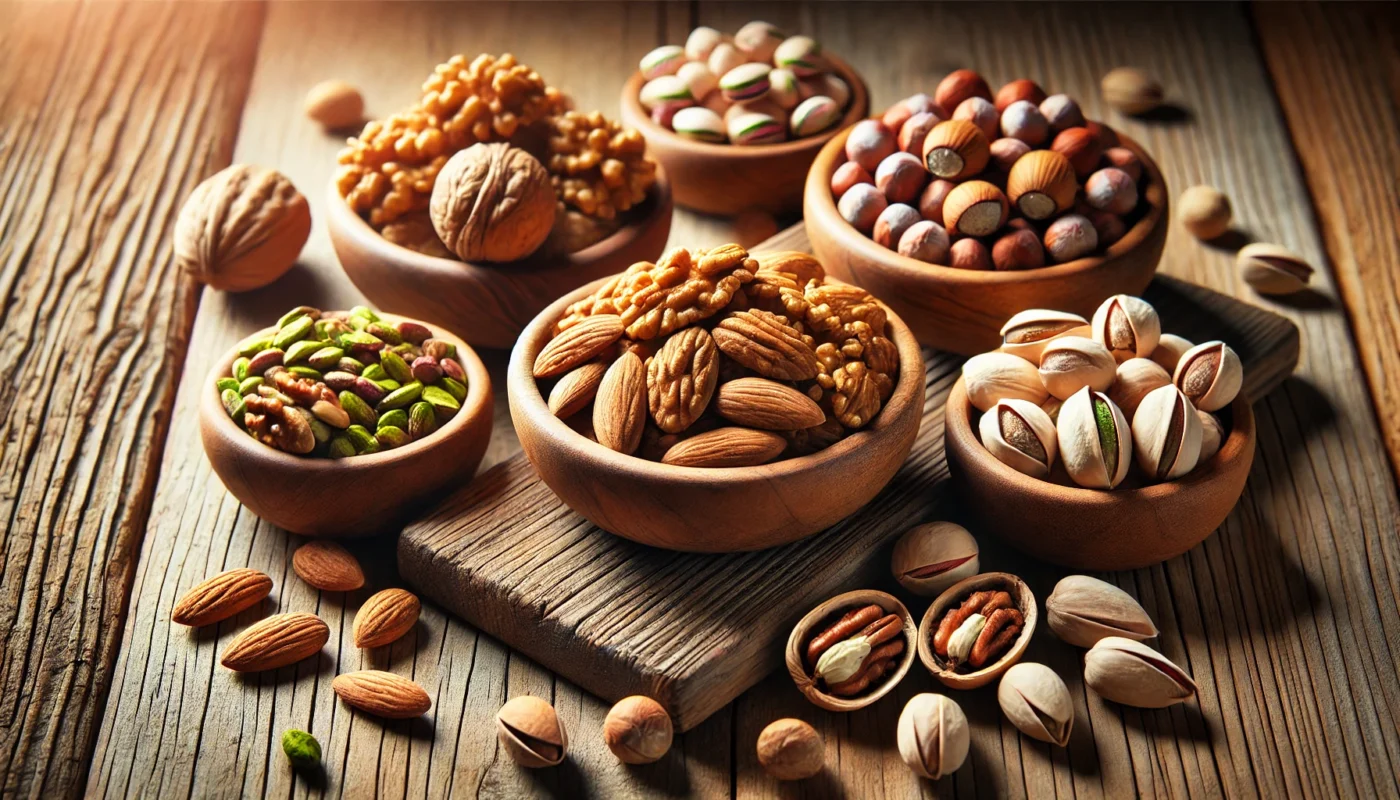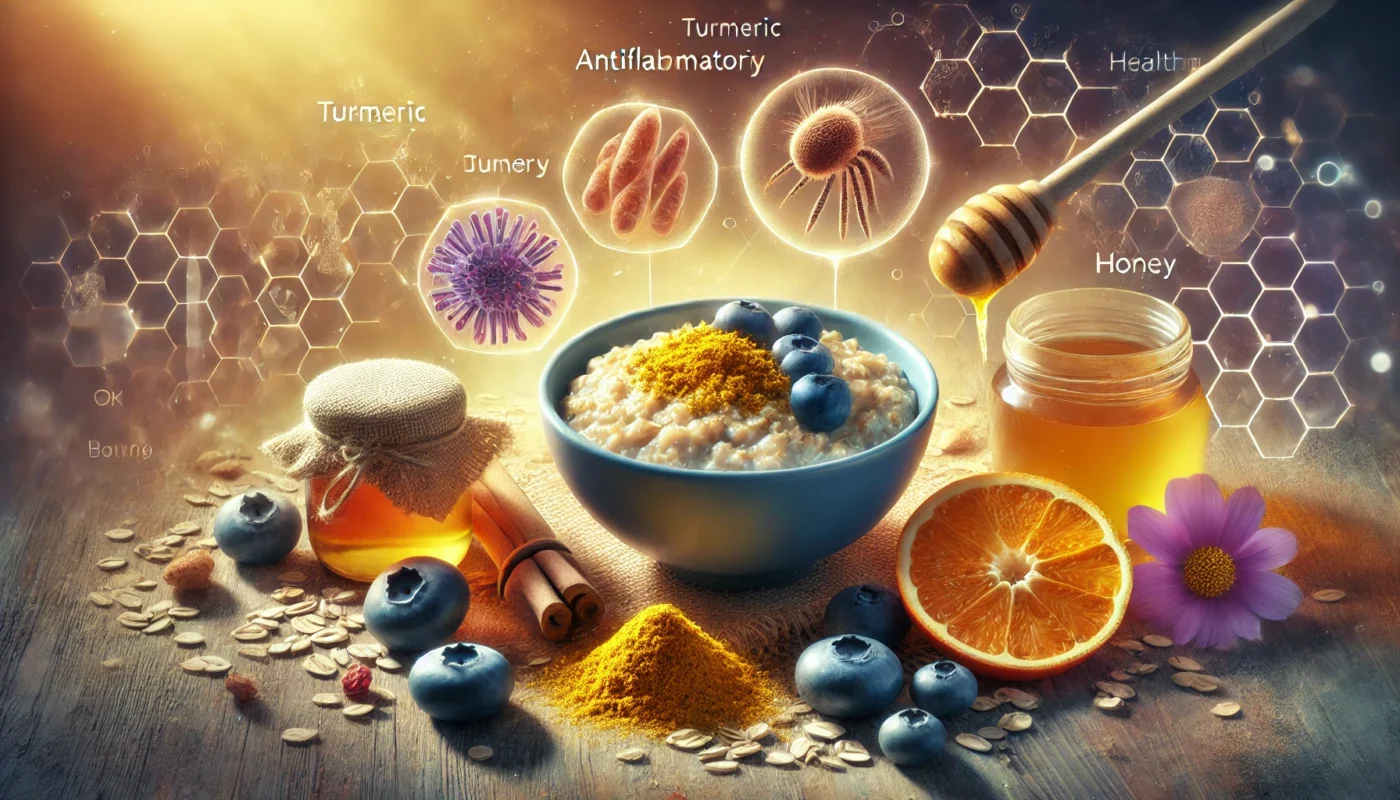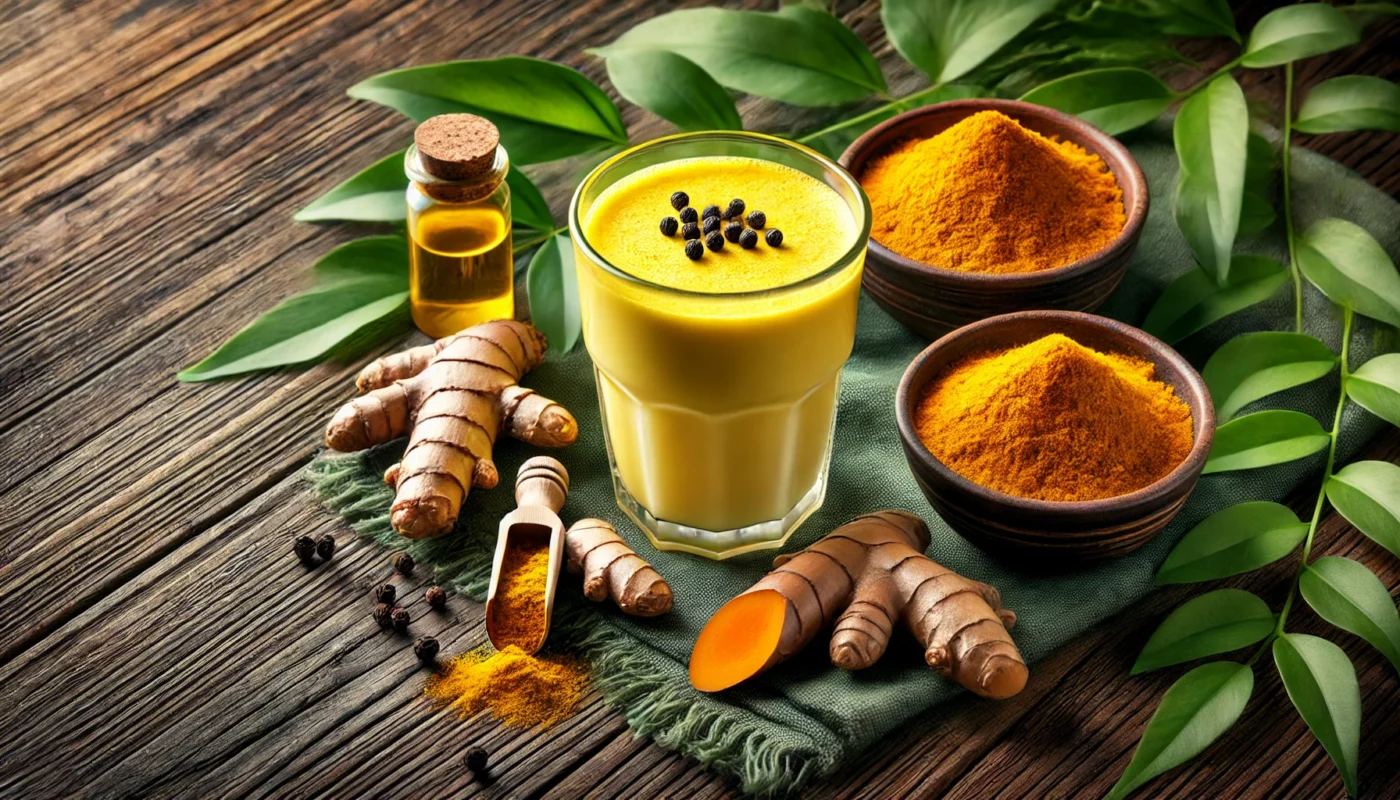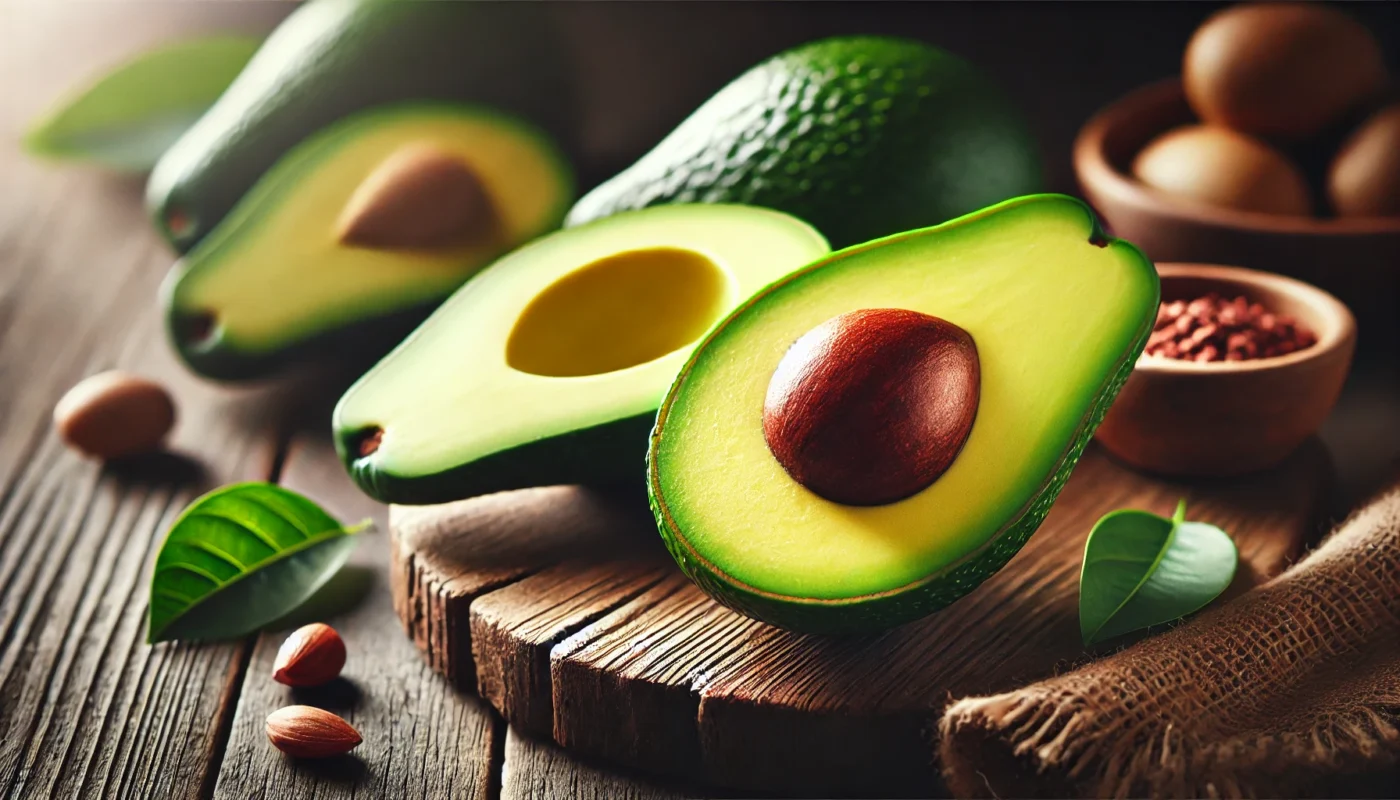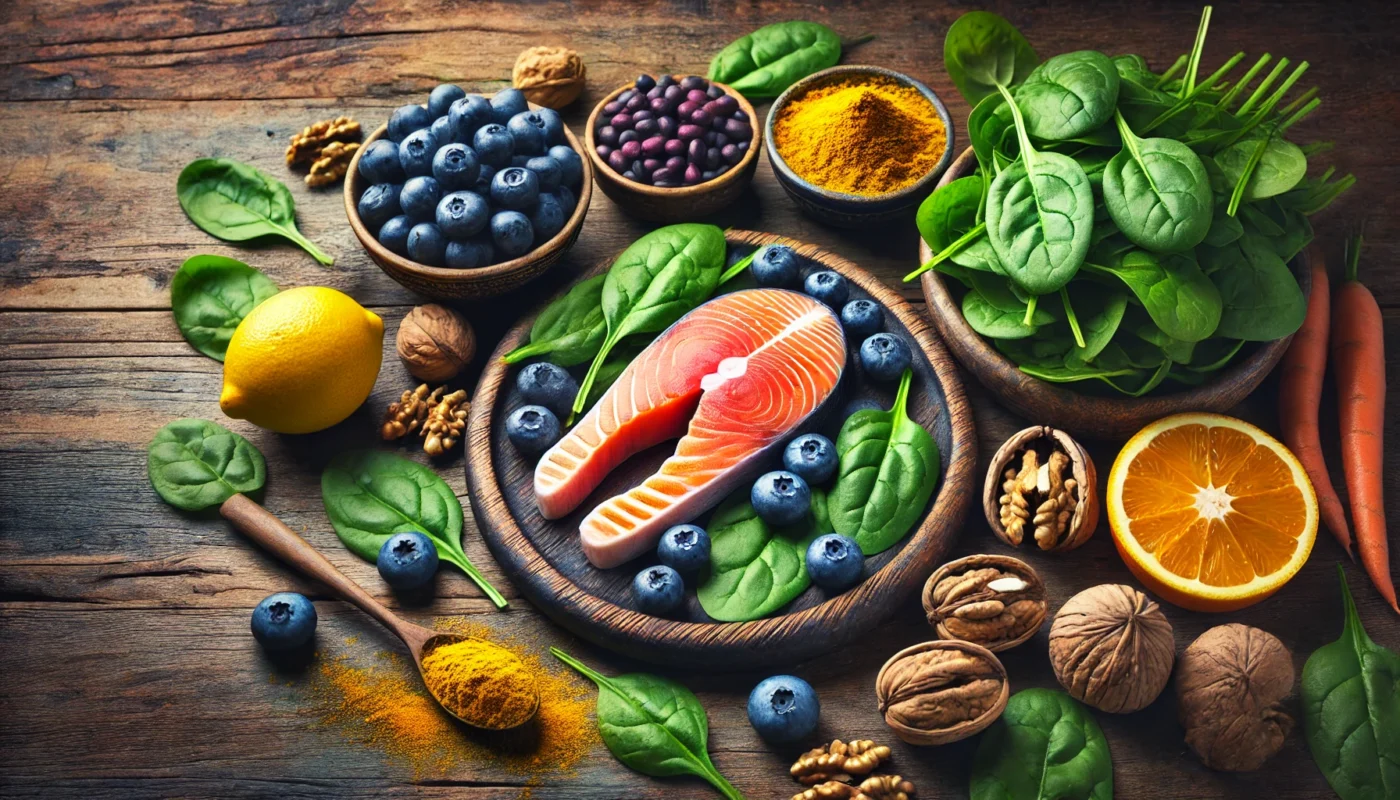Before diving into the specifics, it’s crucial to grasp the relationship between nuts and inflammation. Nuts are nutrient-dense foods packed with healthy fats, fiber, protein, vitamins, and minerals. While some might wonder, “are nuts inflammatory?” the answer largely depends on the type and quantity consumed. Generally, most nuts are beneficial in moderating inflammation due to their rich antioxidant content.
Tag Archives: health benefits
Inflammation is a natural response of the body to injury or illness, but chronic inflammation can lead to a host of health issues, including arthritis, heart disease, and diabetes. While medications can help, many people are turning to natural remedies to reduce inflammation, and juices made from anti-inflammatory ingredients are increasingly popular. In this guide, we’ll explore some of the top juices that can help combat inflammation naturally, backed by scientific evidence and practical advice.
In the quest for optimal health and well-being, understanding the role of diet in inflammation is paramount. Dairy products, especially yogurt, have been the subject of much debate regarding their effects on inflammation. In this article, we delve into the intricate relationship between yogurt and inflammation, and provide insights that will aid fitness enthusiasts, health aficionados, and medical patients in making informed dietary choices.
To comprehend oatmeal’s impact, we must first understand inflammation. Inflammation is the body’s natural response to injury or infection, a crucial part of healing. However, chronic inflammation is a different story. It can lead to various health problems, including heart disease, diabetes, and arthritis. Therefore, managing inflammation is vital for maintaining optimal health.
When it comes to healing wounds, the body’s ability to repair itself is nothing short of miraculous. However, several factors can impede this natural process, and smoking is a significant one. In this article, we delve into how smoking affects wound healing, how much it slows down the process, and whether nicotine plays a role in this detrimental effect.
Inflammation is a natural immune response that plays a critical role in healing and defending the body against foreign invaders. However, when inflammation becomes chronic, it can contribute to various health issues, including arthritis, heart disease, and even cancer. As interest in dietary strategies to manage inflammation grows, yogurt has emerged as a food of interest due to its potential anti-inflammatory properties. But does yogurt really help with inflammation, or could it exacerbate it? Let’s delve into the scientific evidence to better understand yogurt’s role in inflammation.
In this article, we will delve into the world of pain management, exploring how the best specialists can assist you, and what to look for in a top pain management doctor near you. We’ll also explore the evolving landscape of treatment modalities, including holistic and alternative approaches that are gaining traction among patients and healthcare providers alike.
Before diving into the spices, it’s crucial to understand what inflammation is. Inflammation is part of the body’s immune response. Initially, it is beneficial, but chronic inflammation can be detrimental to your health. Factors such as stress, lack of exercise, and poor diet can contribute to chronic inflammation. This is where anti-inflammatory herbs and spices come into play.
Inflammation is the body’s natural way of protecting itself against harm. When you experience an injury or infection, your immune system responds by sending increased blood flow to the affected area. This process helps eliminate pathogens and promotes healing. Short-term inflammation is a protective mechanism, vital for maintaining health.
However, when inflammation persists over time, it becomes chronic. Chronic inflammation can result from various factors, including environmental pollutants, prolonged stress, or an imbalanced diet. Unlike acute inflammation, which is beneficial, chronic inflammation can lead to tissue damage and contribute to the development of several diseases.
Avocados are often celebrated for their multitude of health benefits, from being heart-healthy to supporting weight management, but one of their lesser-known uses is in alleviating joint pain, particularly that induced by alcohol consumption. This article delves deep into how avocado seeds, which are frequently discarded as waste, can be harnessed for their potential anti-inflammatory properties. We will critically examine the scientific research surrounding this topic and provide practical advice on how to incorporate this holistic remedy into your wellness routine, aiming to improve joint health and overall well-being.
In this article, we delve into the science behind foods that help with pain, exploring both traditional and holistic perspectives. Armed with this knowledge, you can make informed choices that support your health journey.

